Kabale University Hosts Launch of TORCH Project to Pioneer Living Labs for Clean Energy Transition in East Africa
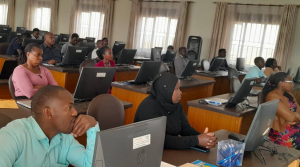 Kabale University has officially launched the TORCH Project (Towards a Clean Energy and Zero-Emission Society in East Africa), a transformative regional initiative aimed at accelerating the transition to a green economy. The initiative, spearheaded by Dr. Patrick Musinguzi, places universities at the center of regional efforts to respond to climate change by promoting green growth and sustainable development while at Kable University, the Project if coordinated by Associate Professor Businge Phelix Mbabazi.
Kabale University has officially launched the TORCH Project (Towards a Clean Energy and Zero-Emission Society in East Africa), a transformative regional initiative aimed at accelerating the transition to a green economy. The initiative, spearheaded by Dr. Patrick Musinguzi, places universities at the center of regional efforts to respond to climate change by promoting green growth and sustainable development while at Kable University, the Project if coordinated by Associate Professor Businge Phelix Mbabazi.
Kabale University is one of the partner institutions in this transformative initiative, which also includes Makerere University, Kyambogo University, Busitema University, the University of Juba (South Sudan), and BOKU University (Austria). The project also brings together civil society organizations such as Youth Go Green and Regenerate Africa.
Key Objectives of TORCH
The TORCH Project aims to:
- Integrate green growth principles into academic curricula across participating universities.
- Establish three Living Laboratories in Central, South Western, and Eastern Uganda to support co-creation of energy-efficient, low-carbon innovations.
- Build human capacity through short courses, field-based research, and hands-on training.
- Empower women in science, technology, and innovation.
- Promote green technologies and facilitate evidence-based policy transformation.
- Strengthen regional collaboration among East African higher education institutions.
Revolutionizing Sustainability Through Living Labs
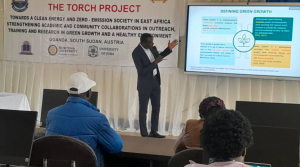
The three Living Labs strategically located in Central, Eastern, and Southwestern Uganda will act as open innovation ecosystems embedded within communities. These labs will enable real-world testing of affordable green technologies such as solar energy and climate-smart agriculture.
Key Features Include:
- Collaborative innovation among farmers, women’s groups, researchers, and industry.
- Knowledge hubs aimed at training over 5,000 community members in sustainable practices.
- Gender-responsive approaches with women-led implementation and decision-making.
- Drafting of green growth policy frameworks for both institutional and national application.
“Living Labs break the ivory tower,” said Dr. Patrick Musinguzi, Project Coordinator. “They position universities as engines of societal transformation, where a farmer’s feedback shapes research, and student fieldwork generates scalable solutions.”
East Africa’s Green Growth Alliance
The TORCH Project brings together:
- Academic Institutions: Kabale University (host), Makerere University, Kyambogo University, Busitema University, University of Juba (South Sudan), and BOKU University (Austria).
- Civil Society Organizations: Youth Go Green and Regenerate Africa.
- Funders: Austrian Development Agency and the Organisation for Economic Co-operation and Development (OECD).
Year-One Impact Targets (by 2026)
- Green economy modules integrated into university curricula.
- Three fully operational Living Labs serving 20+ communities.
- Policy drafts to guide institutional green transitions.
- Digital tools for monitoring energy adoption at the community level.
Leadership Remarks
Prof. Businge Phelix Mbabazi, Kabale University Coordinator, when contacted , stated:
“Our Living Labs ensure that green technologies are not just delivered to communities but developed with them. Women’s groups will lead on-site testing, bridging global scientific knowledge with local wisdom.”
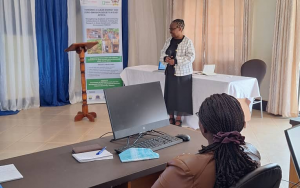
He emphasized Kabale University’s role in providing essential infrastructure, including eLearning studios for digital content creation, Living Lab host identification and monitoring systems, and spaces for policy formulation.
Other key project team members include:
- Dr. Fiona Mutekanga, Lecturer in GIS, Environment and Natural Resources, who will promote inclusive participation of women, especially in establishing the Living Lab in Kabale (Southwestern Uganda).
- Ms. Susan Kangume, who will provide field-based support in setting up the Living Labs and coordinate gender-sensitive training programs for farmers on green technologies and practices.
Launch Event Highlights
- Key Sessions: Training on the green economy, Living Lab site selection criteria, and stakeholder engagement dialogues.
- Attendance: Over 50 delegates from academia, administration, and the student community.
- Vision: Scale up Living Labs to South Sudan by 2027, contributing to Sustainable Development Goals (SDGs) 7 (Affordable and Clean Energy), 11 (Sustainable Cities and Communities), and 13 (Climate Action).


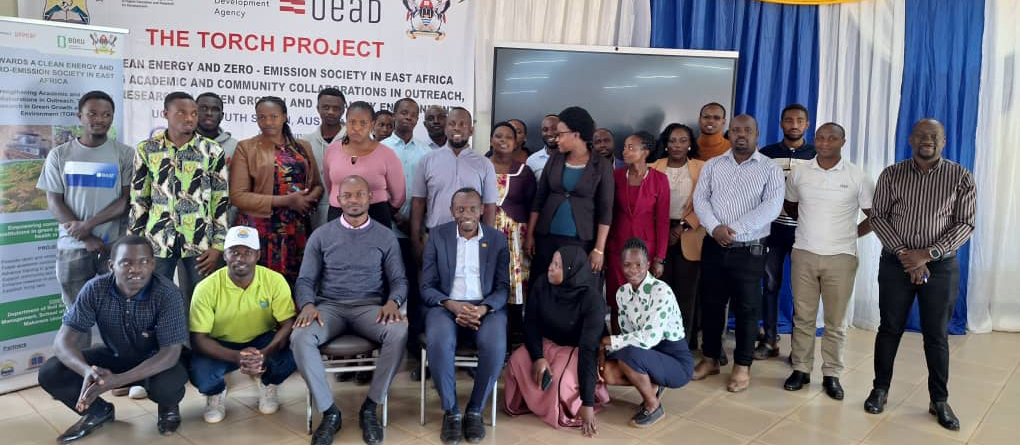
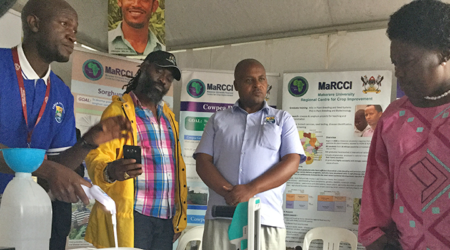
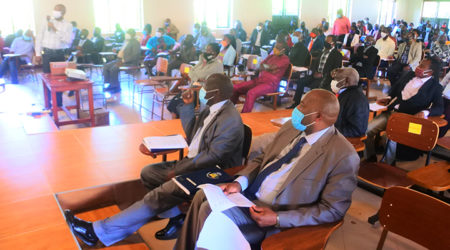
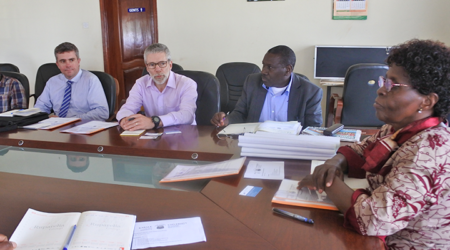

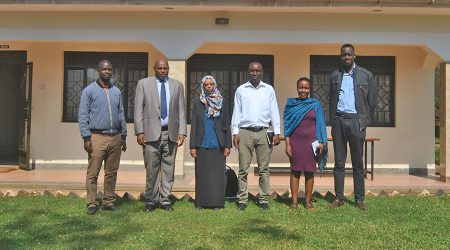

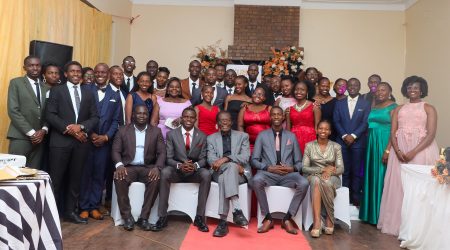
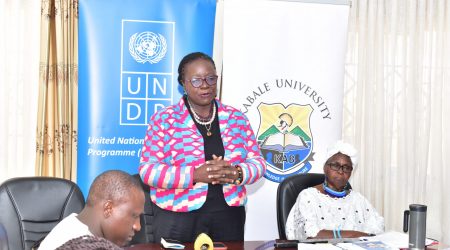
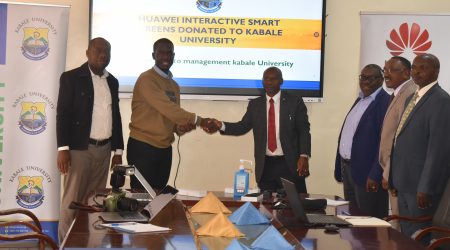
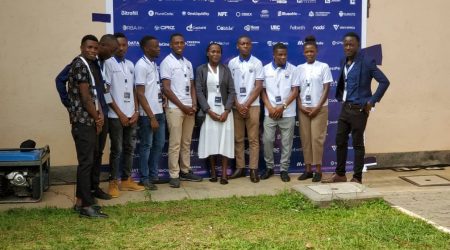
Leave a Reply